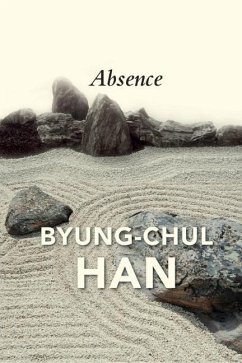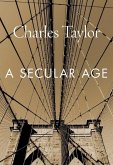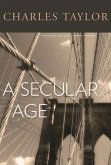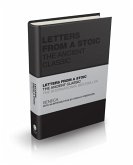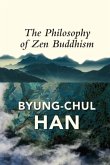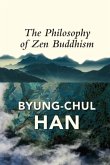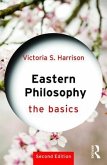Western thinking has long been dominated by essence, by a preoccupation with that which dwells in itself and delimits itself from the other. By contrast, Far Eastern thought is centred not on essence but on absence. The fundamental topos of Far Eastern thinking is not being but 'the way' (dao), which lacks the solidity and fixedness of essence. The difference between essence and absence is the difference between being and path, between dwelling and wandering. 'A Zen monk should be without fixed abode, like the clouds, and without fixed support, like water', said the Japanese Zen master DMgen.
Drawing on this fundamental distinction between essence and absence, Byung-Chul Han explores the differences between Western and Far Eastern philosophy, aesthetics, architecture and art, shedding fresh light on a culture of absence that may at first sight appear strange and unfamiliar to those in the West whose ways of thinking have been shaped for centuries by the preoccupation withessence.
Hinweis: Dieser Artikel kann nur an eine deutsche Lieferadresse ausgeliefert werden.
Drawing on this fundamental distinction between essence and absence, Byung-Chul Han explores the differences between Western and Far Eastern philosophy, aesthetics, architecture and art, shedding fresh light on a culture of absence that may at first sight appear strange and unfamiliar to those in the West whose ways of thinking have been shaped for centuries by the preoccupation withessence.
Hinweis: Dieser Artikel kann nur an eine deutsche Lieferadresse ausgeliefert werden.
'After reading Heidegger's and Derrida's critiques of the "metaphysics of presence" that pervades the Western tradition, do you find yourself asking: But what's the alternative? If so, this breathtakingly bold and inspiringly insightful book is for you. You will find it more far-reaching as it deftly escorts you into the philosophical and aesthetic heart of the Far East.'
Bret W. Davis, author of Zen Pathways: An Introduction to the Philosophy and Practice of Zen Buddhism
Bret W. Davis, author of Zen Pathways: An Introduction to the Philosophy and Practice of Zen Buddhism

